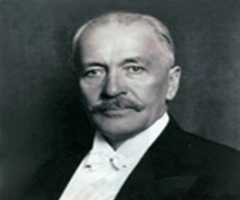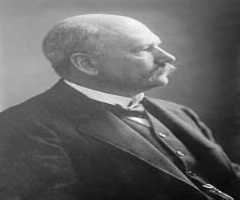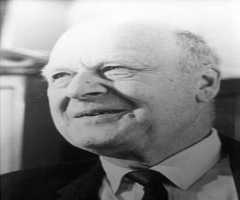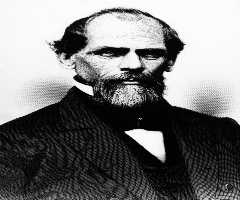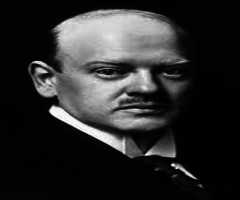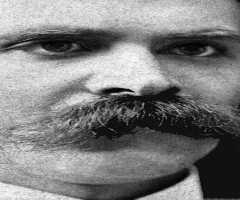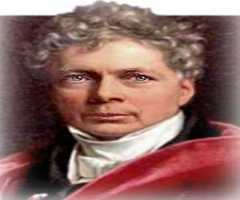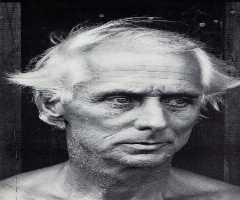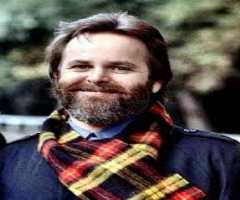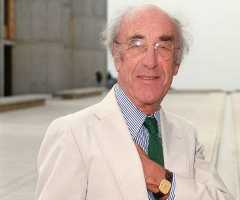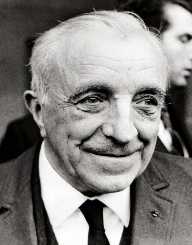
Gerhard Herzberg Biography, Life, Interesting Facts
Childhood And Early Life
Nobel laureate Gerhard Herzberg was born on the 25 December 1904 in Hamburg, Germany. He was the son of Albin H. Herzberg and Ella Biber.
Education
Herzberg did his high school education at the Gelehrtenschule des Johanneums. He then studied at the Darmstadt Institute of Technology majoring in physics (1928). He was a Post-doctoral fellow at the University of Gottingen (1928-1929) and the University of Bristol (1929-1930).
Rise To Fame
Gerhard Herzberg was a lecturer at the university in Darmstadt, Germany until he was forced to leave. Nazis had made a law banning men with Jewish wives from teaching at schools in Germany. His wife Luise Oettinger, whom he married in 1929 was Jewish. Oettinger was a spectroscopist and had worked with Herzberg on a few of his early experiments. Hertzberg had had contact with a visiting physical chemist from the University of Saskatchewan named John Spinks. Spinks subsequently arranged for Hertzberg to find a position at the University of Saskatchewan in Saskatoon, Saskatchewan, Canada. Herzberg and Oettinger left Germany in 1935. They were allowed to take out their personal belongings plus a bare minimum amount of cash: $2.50 each. They were able to do so with assistance from Carnegie Foundation.
Initially, Hertzberg had a guest professorship, but within a few months of his arrival at the University of Saskatchewan, he was appointed Research Professor of Physics a position he held until 1945. During his time in Saskatchewan, he wrote Molecular Spectra.
Career
After ten years in Canada, Herzberg moved to the Yerkes Observatory in Chicago where he was the professor of spectroscopy (1945-1948).
In 1948 Herzberg was appointed Principal Research Officer at the Canadian National Research Council. He held the position of Director of the Division of Pure Physics (1955-1969). From 1969 onwards Herzberg was Distinguished Research Scientist in the Division of Physics until his death in 1999 at the age of 92. It was while Herzberg was working at the National Research Council in Ottawa, Canada that he made his discoveries in molecular spectroscopy.
Herzberg was on various international commissions relating to spectroscopy. He was the Vice-President of the International Union of Pure and Applied Physics (1957-1963), President of the Canadian Association of Physicists (1967-1957) and President of the Royal Society of Canada (1966-1967).
Awards And Achievements
Gerhard Herzberg was the recipient of many awards including the Canadian Association of Physicists: Gold Medal (1957). Medal of the Society of Applied Spectroscopy (1959). Henry Marshall Tory Medal of the Royal Society of Canada (1953). Joy Kissen Mookerjee Gold Medal: Indian Association for the Cultivation of Science (1954). Professional Institute of the Public Service of Canada: Gold Medal (1969). Faraday Medal: Chemical Society of London (1970). Royal Society of London: Royal Medal (1971). Linus Pauling Medal: American Chemical Society (1971). The Nobel Prize in Chemistry: Swedish Royal Academy of Sciences (1971) and the Chemical Institute of Canada Medal (1972).
Herzberg was a Fellow of the Royal Society of Canada (elected 1939). The Royal Society of London (elected 1951). In 1960 he was he Bakerian Lecturer of the Royal Society of London.
He was also an honorary member of several scientific societies including the American Academy of Arts and Sciences, the Optical Society of America and the Chemical Society. Herzberg was also a Companion of the Order of Canada and held multiple honorary doctorates.
Personal Life
His first wife was Luise Oettinger. The couple had two children together: Paul and Agnes. Oettinger died in 1971. Herzberg’s second wife was Monika Tenthoff.
Legacy
Gerhard Herzberg legacy is the contributions he made in the field of atomic and molecular spectroscopy. This work involved determining the structures of a large number of diatomic and polyatomic molecules. He also applied this to the identification of specific molecules in planetary atmospheres, comets, and interstellar space.
More Chemists
More People From Germany
-
![John Augustus Roebling]()
John Augustus Roebling
-
![Gustav Stresemann]()
Gustav Stresemann
-
![Friedrich Nietzsche]()
Friedrich Nietzsche
-
![Friedrich von Schelling]()
Friedrich von Schelling
-
![Caroline Herschel]()
Caroline Herschel
-
![Max Ernst]()
Max Ernst


